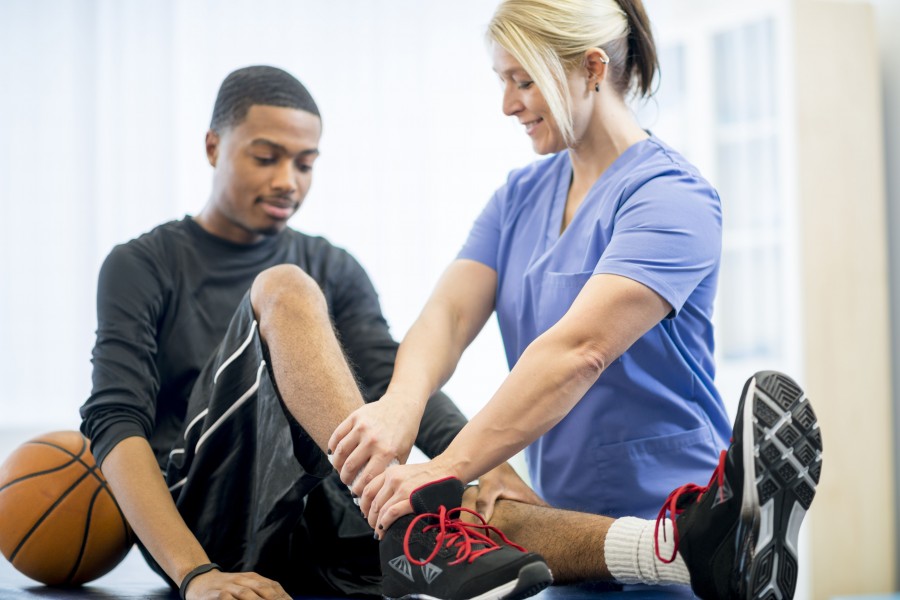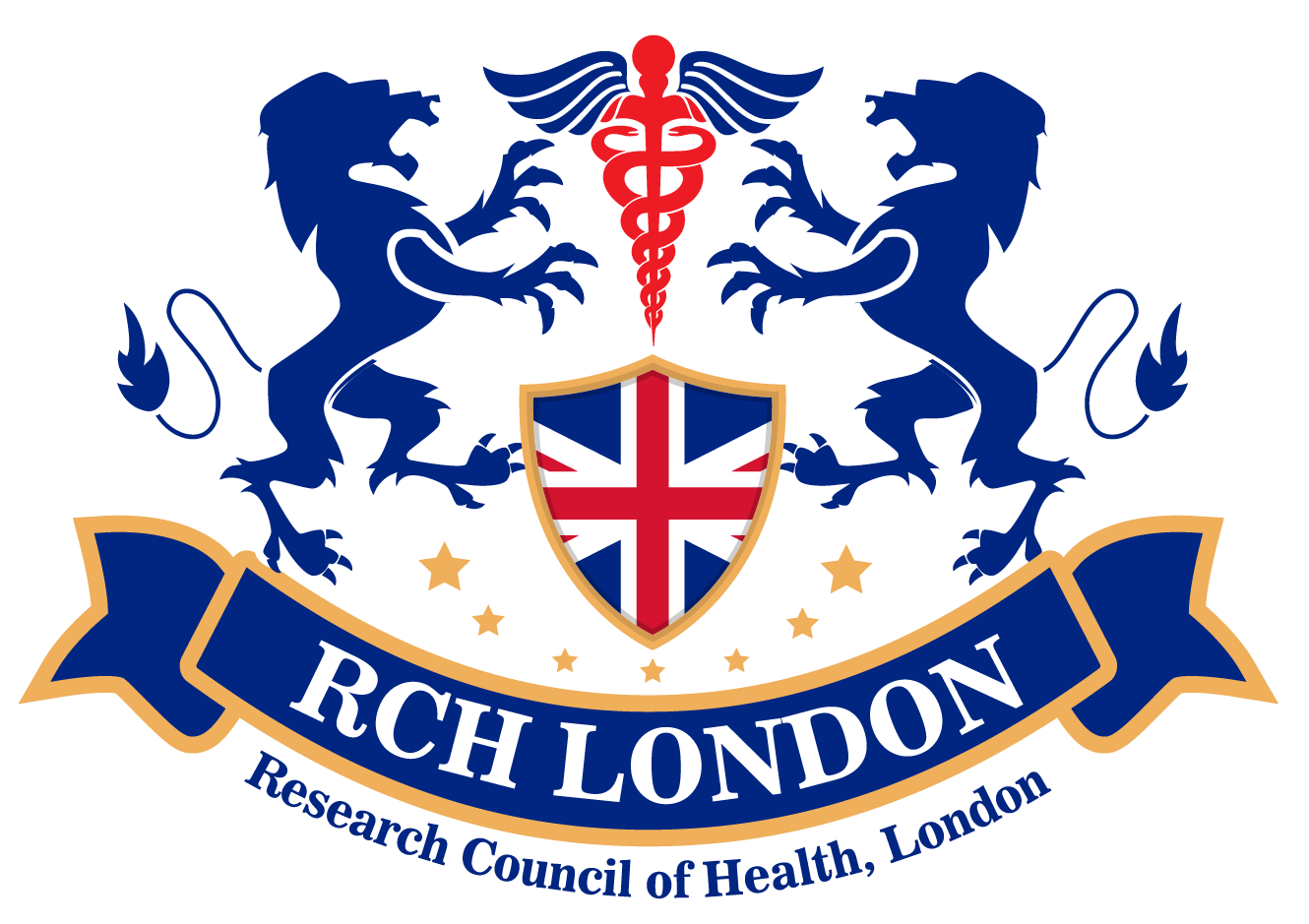


Diploma In Sports Medicine
Key Information Duration: 12 months / 24 months Fees: GBP £7500.00 / GBP £3999.00 / GBP £3999.00 Mode: Blended Learning
Course Key Points
Course Code: DIPSM-87945
Subject Area: Sports Medicine
Duration: 12 months
/ 24 months
Mode: Qualification
Credit: 240.00
The Postgraduate Diploma in Sports and Exercise Medicine is for those working in a sports clinic environment who want to enhance their employability by developing the skills to critically assess, evaluate and disseminate evidence.
The Sports and Exercise Medicine Postgraduate Diploma is designed to be practical and clinically focused. On completion of the course, students will have obtained: A systematic understanding of the basics of sports medicine and exercise physiology, including the behavioural and life science basis.
This online course is delivered by an innovative and experienced team who have an established international reputation in sports and exercise medicine.
For 12 Months
Details : 12 months (120 Credits) - Full Time - Undertaking this Diploma programme is a serious commitment, requiring weekly contact hours in addition to numerous hours of independent learning and research in order to progress at the required level. When coursework or examination deadlines are approaching independent learning hours may need to increase significantly. FULL TIME (120 Credits ) BLENDED LEARNING FEES £3999.00
Fees : £7500.00
For 24 Months
Details : 24 months (240 Credits) Full-Time Undertaking this Diploma programme is a serious commitment, requiring weekly contact hours in addition to numerous hours of independent learning and research in order to progress at the required level. When coursework or examination deadlines are approaching independent learning hours may need to increase significantly. FULL TIME 240 Credits) BLENDED LEARNING FEES £7500.00
Fees : £2200.00
Details : Part Time - £2200.00 Per Year Part-time study options often mean that the number of modules taken is reduced per semester, with the full modules required to complete the programme spread over two academic years. Teaching is generally done during the day and part-time students should contact the course convener to get an idea of when these teaching hours are likely to take place. Timetables are likely to be finalised in September but you may be able to gain an expectation of what will be required. PART TIME BLENDED LEARNING £2200.00 Per Year

